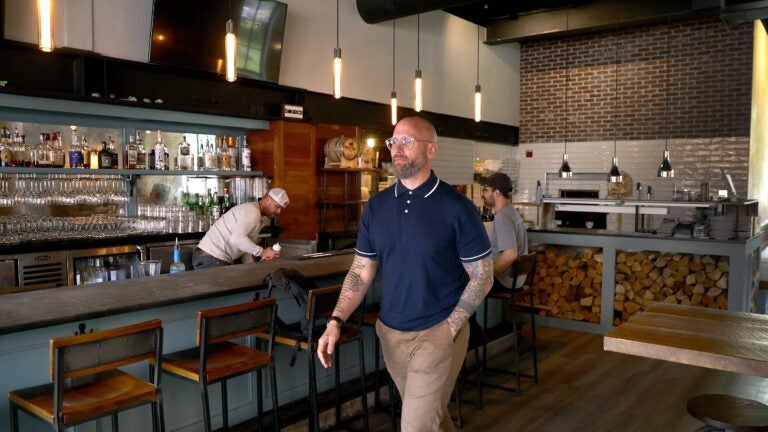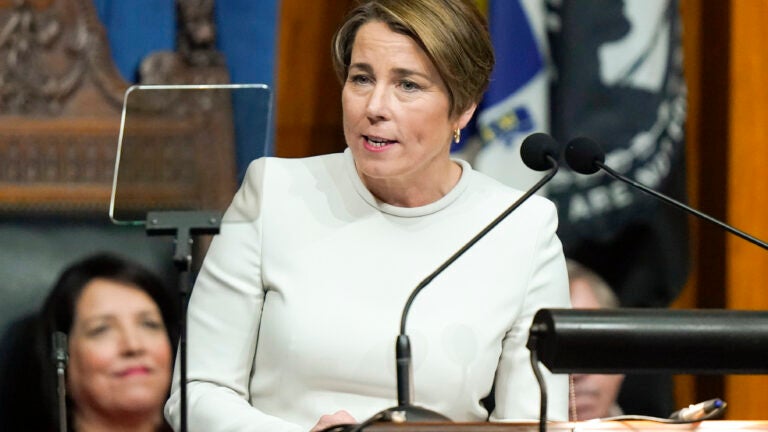Thanks!
OK, this was bugging me and so I wanted to get to the bottom of it, since I've heard rumors from many corners that Boston is the ONLY city that can't increase their liquor licenses, or that indeed every city is under the same set of regulations, but since Boston's population is larger and it has an influx of visitors, it means they're under-supplied for licenses. Here's the "truth" after doing a little reading (sources at the end).
1. The legislature retains control for managing liquor licenses for each municipality
2. The number of licenses is tied to population of that city, so more people means more licenses, but the number is fixed on a per capita basis (with some tweaks)
2.a. EXCEPT for the city of Boston, which has a fixed absolute number of licenses that hasn't been raised in decades
The language of the statute is actually nuts. It's the closest I could imagine to just straight up prejudice against THE BIGGEST CITY IN THE WHOLE DAMN REGION. Whether it's a punishment to the Irish, as I've heard, or just a finger in the eye of the big city folks, it's stark. Here are some examples:
"The local licensing authorities of any city or town,
except the city of Boston, may grant one license under the provisions of section twelve for each population unit of one thousand or additional fraction thereof..."
"In addition to the number of licenses otherwise authorized to be granted by the provisions of this section, the local licensing authorities of any city or town,
except the city of Boston..."
"The local licensing authorities of any city or town,
except the city of Boston, which has voted to grant licenses for the sale of wines and malt beverages..."
And a new paragraph for Boston alone:
"The licensing board for the city of Boston may grant 665 licenses for the sale of all alcoholic beverages under section 12. The board may grant 250 licenses for the sale of all alcoholic beverages under section 15. The number of licenses for the sale of wines and malt beverages only, or both, in the city shall not exceed 320. The transfer of existing licenses shall be subject to a public hearing in the neighborhood in which the license is to be relocated, properly advertised and at an appropriate time to afford that neighborhood an opportunity to be present."
As a Boston resident and taxpayer this is such absolute bullshit I might actually be moved to write letters and call my representative. I was expecting it to be some annoying little exception as part of statutory interpretation but instead it's "hey, fuck you Boston".
Which makes the Healey story above even more frustrating. You want to talk equity? You want to be inclusive? How about letting the town you've lived in for a long time, the most important city in the region, have a level playing field.
Links below:
A proposal in the Municipal Empowerment Act that would have given towns control over liquor licenses was removed before the bill was filed.
www.boston.com

malegislature.gov


